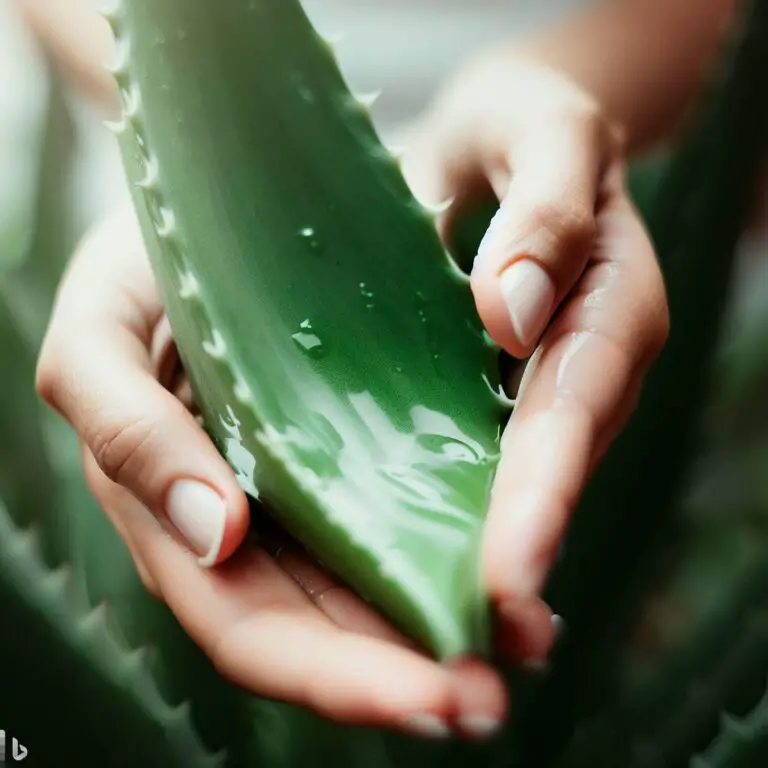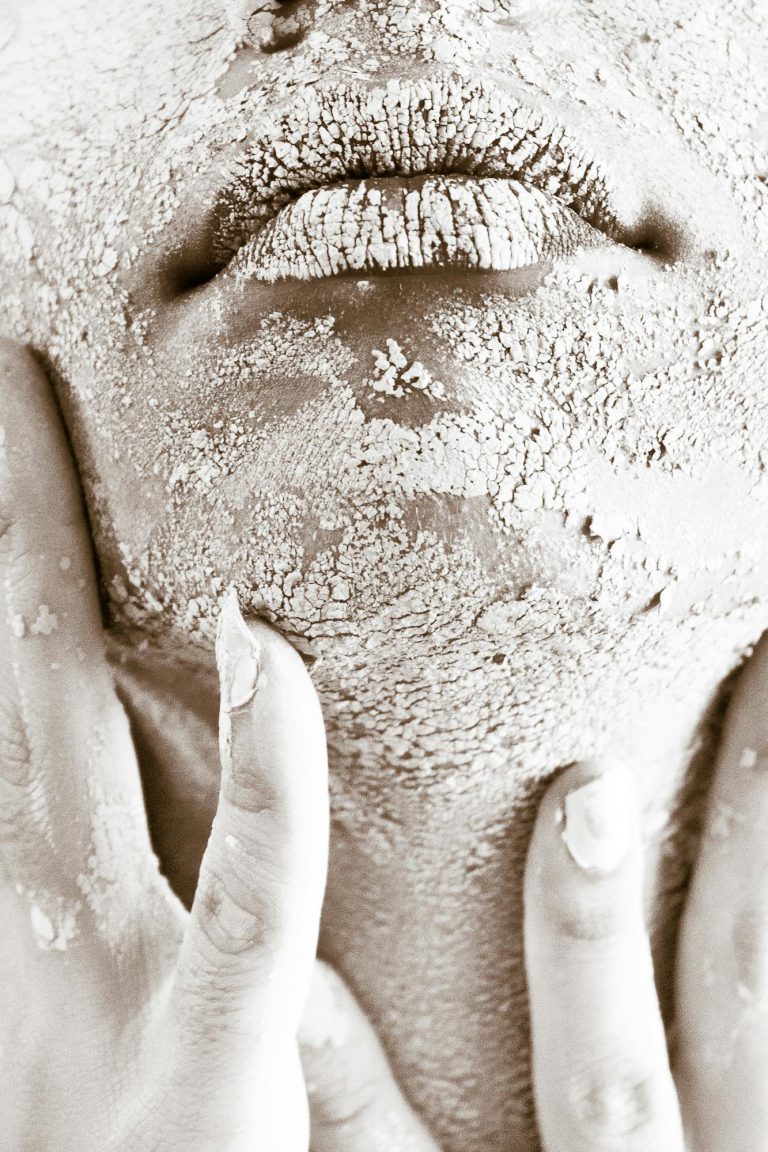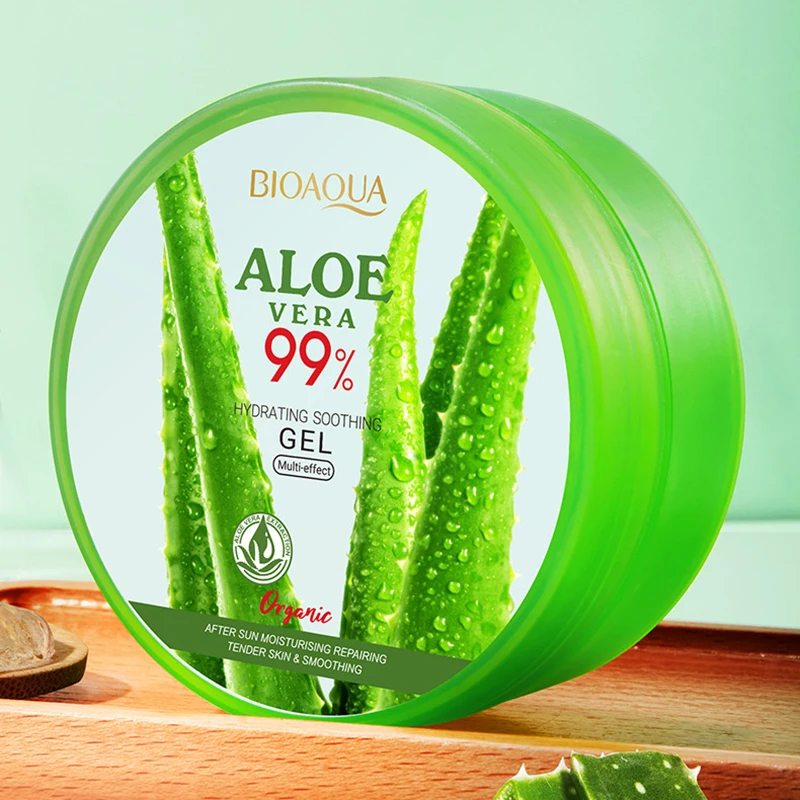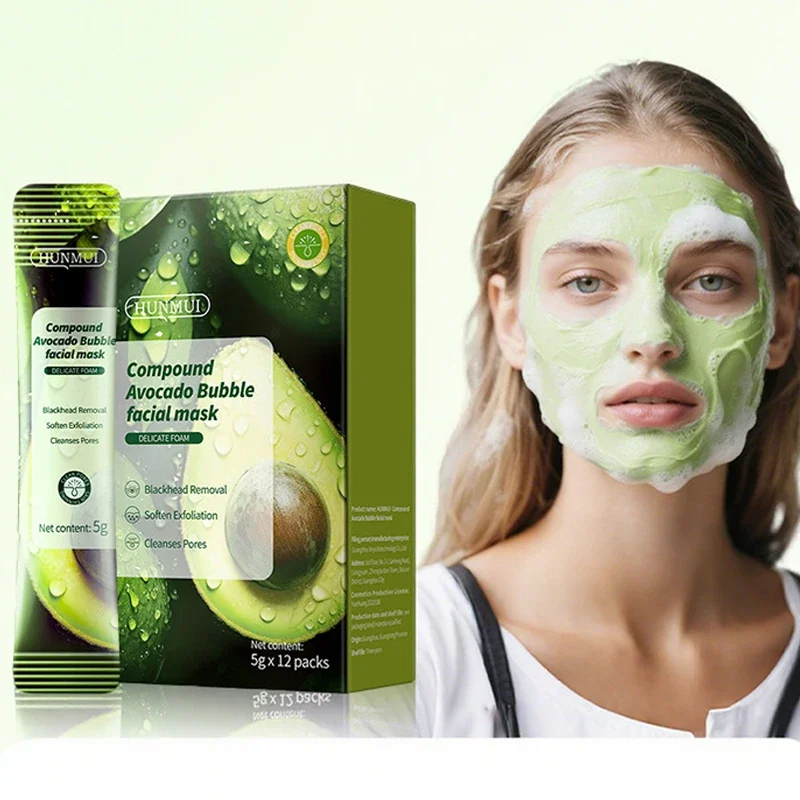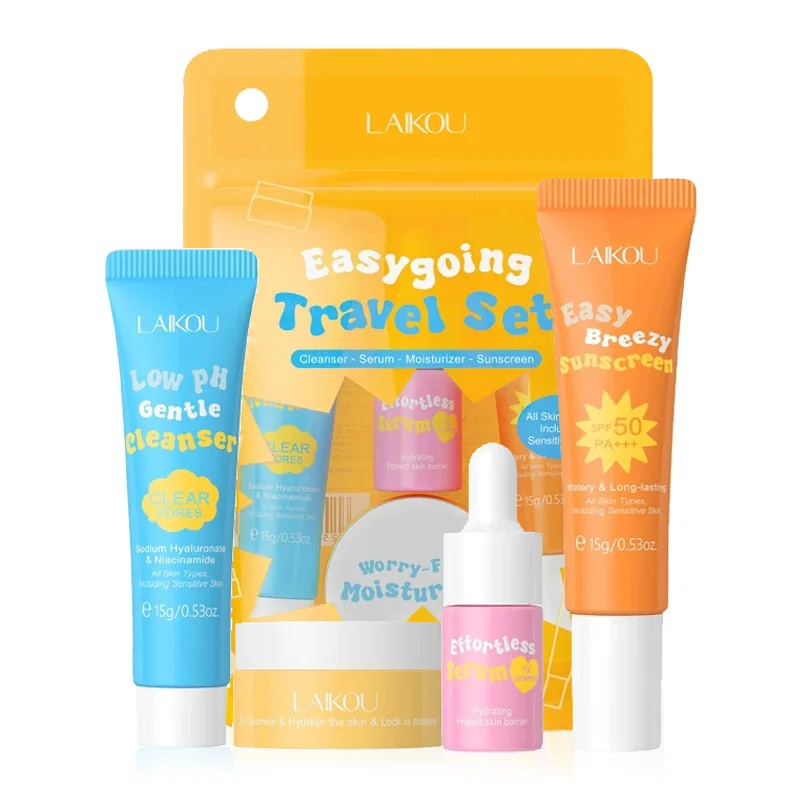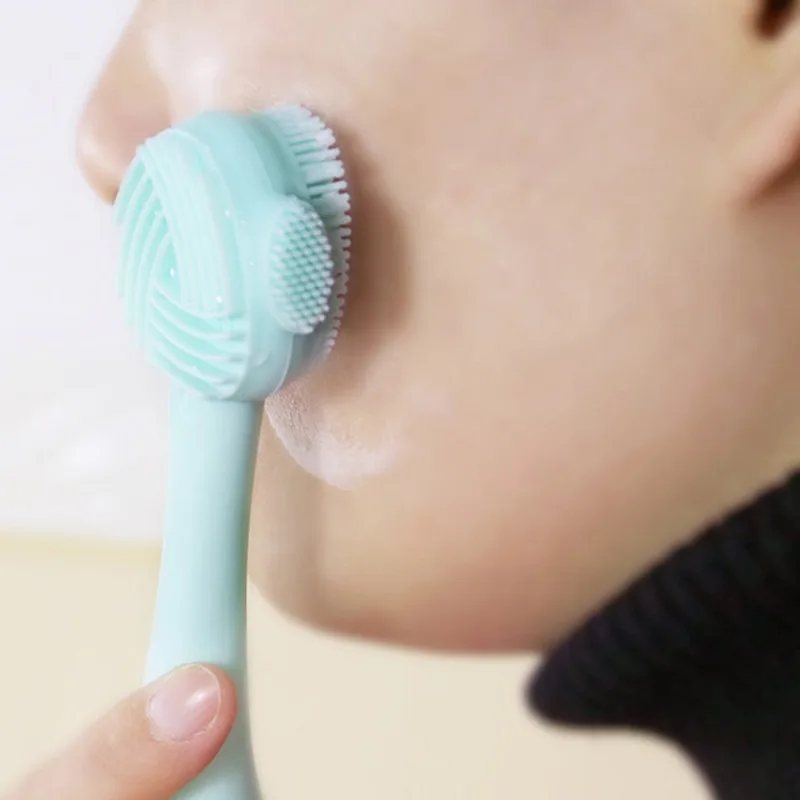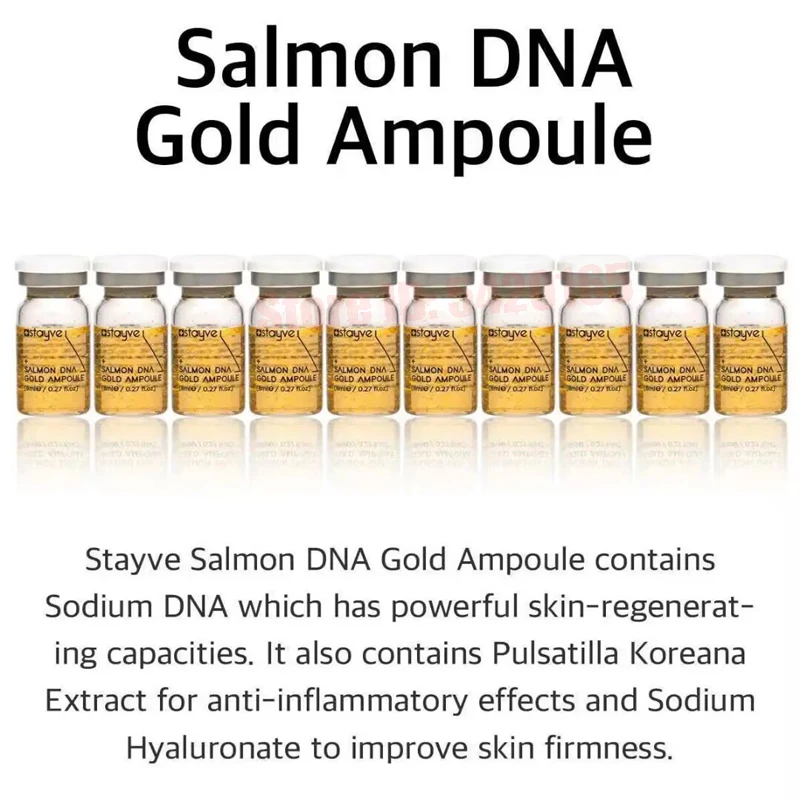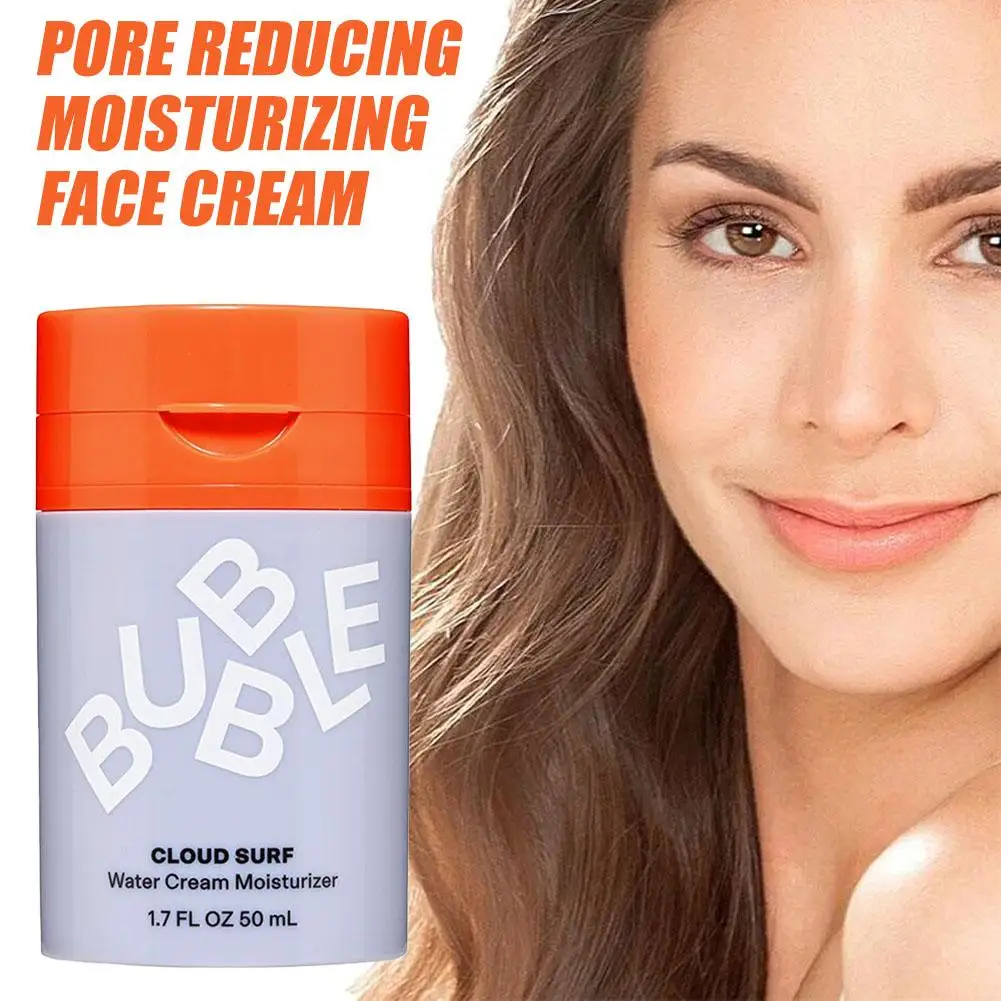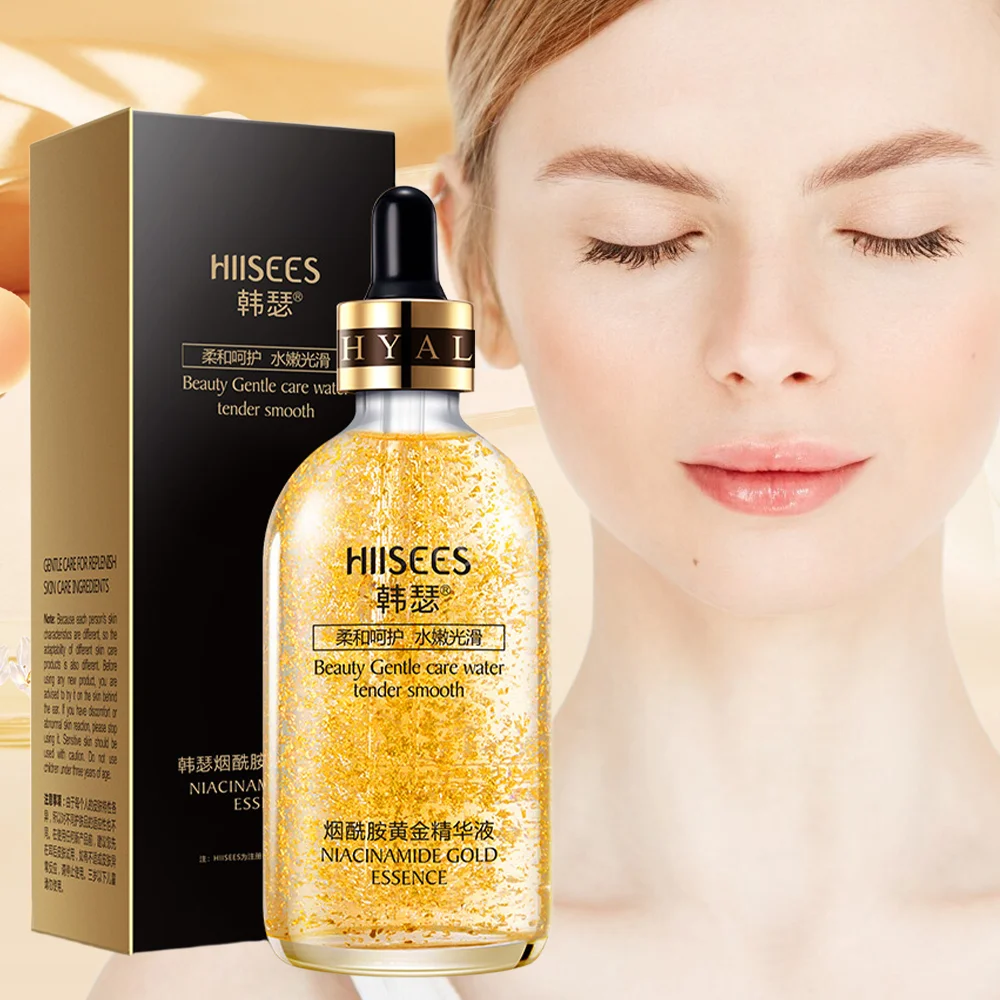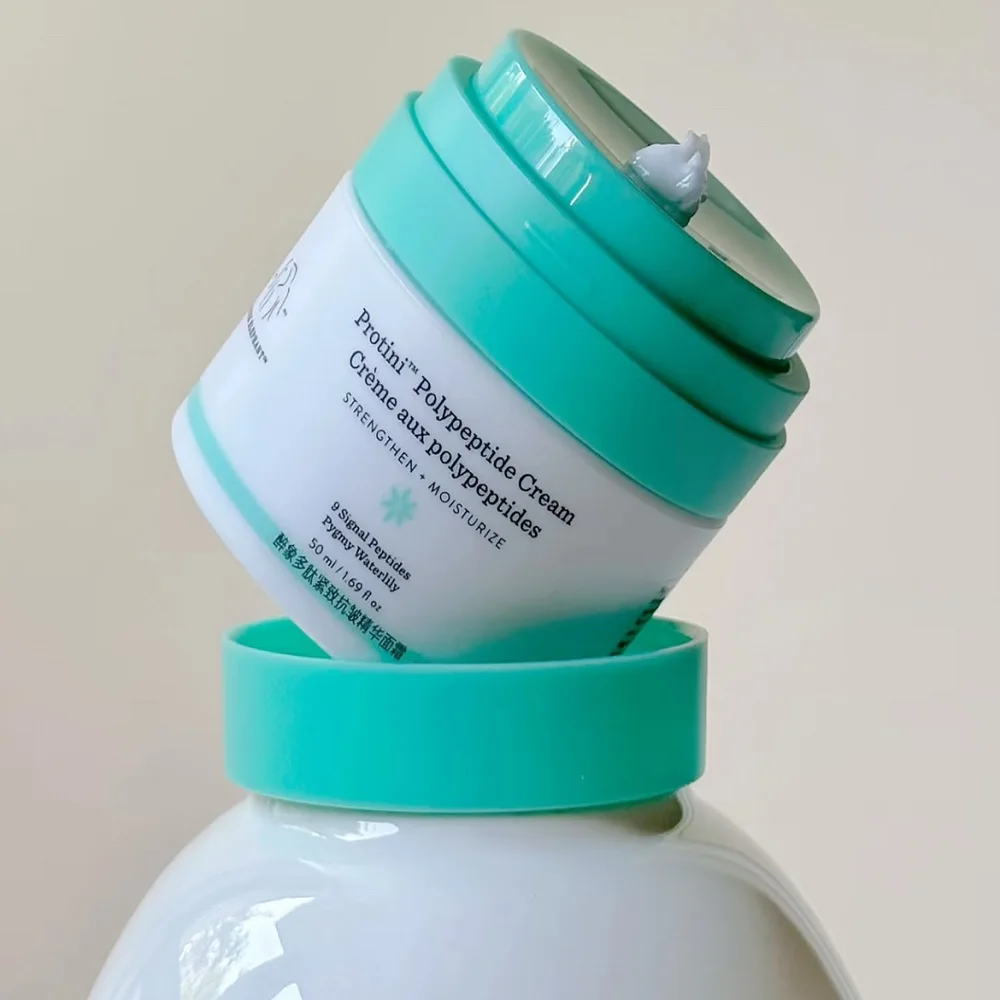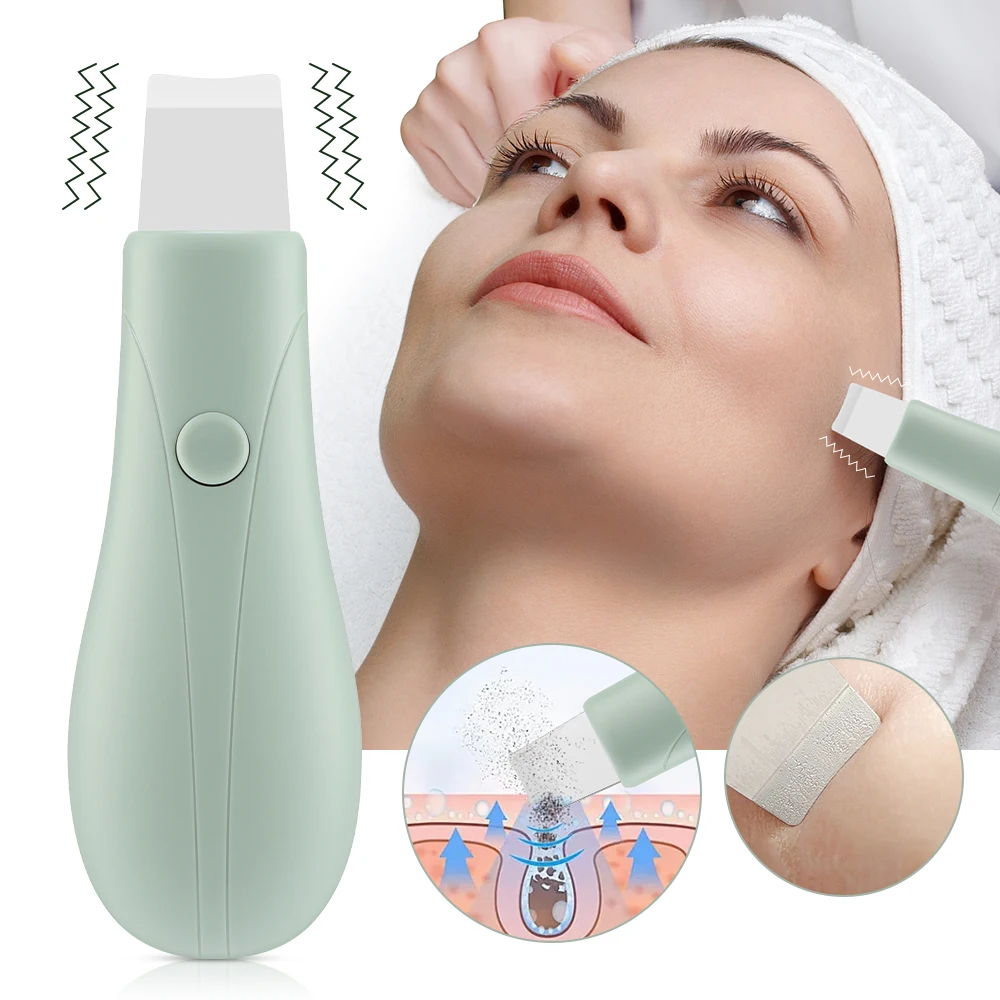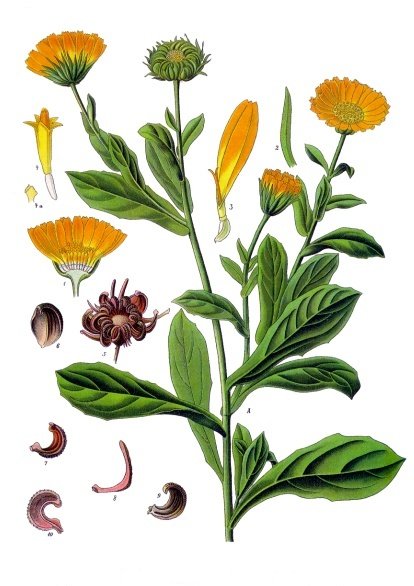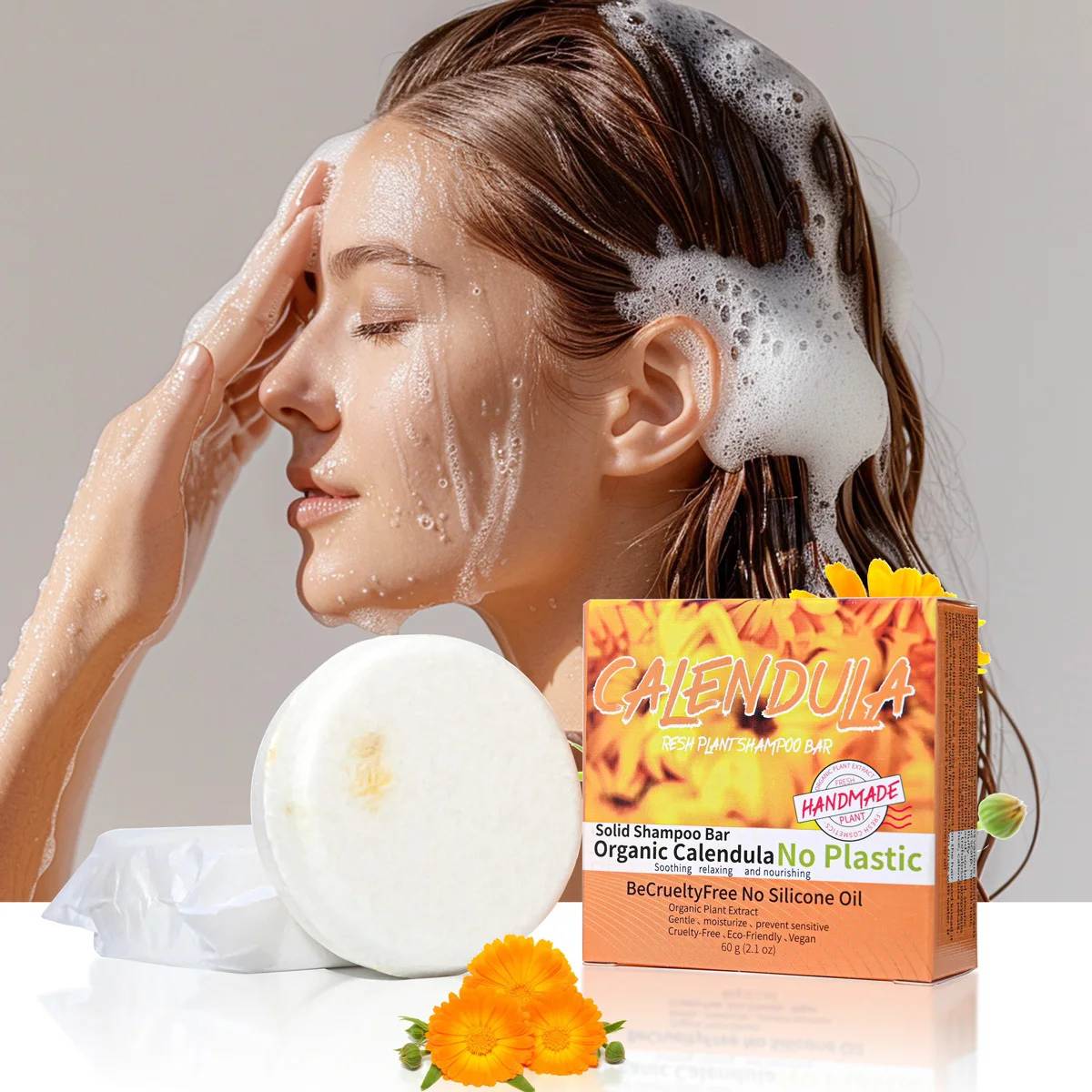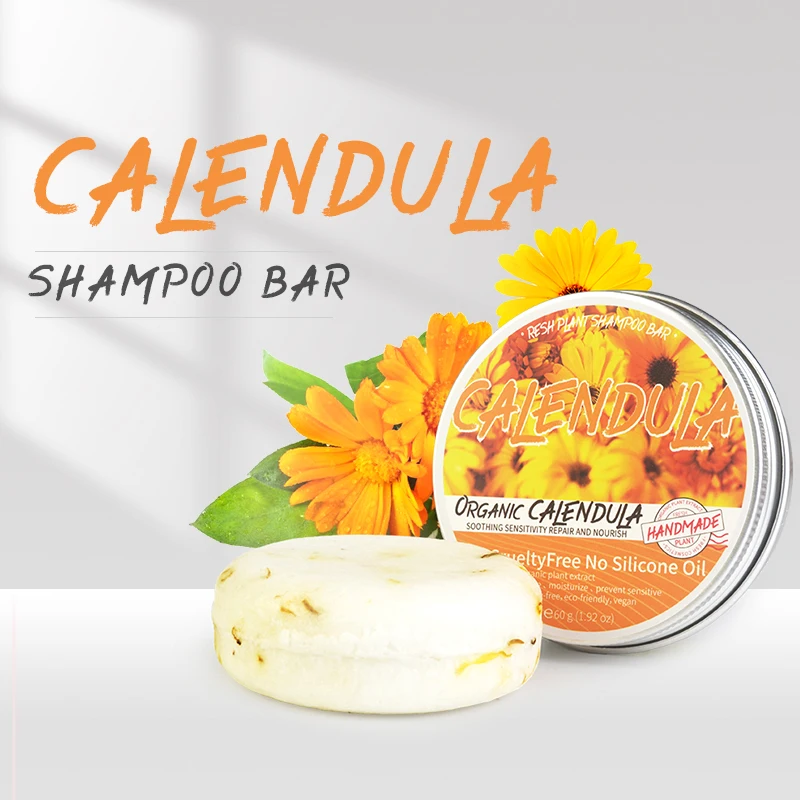Skin problems can be a real bother, causing irritation, inflammation, and other unwanted symptoms. While conventional treatments such as topical creams and medications can be effective, natural herbs can also be a great solution for preventing and treating skin problems. Here are some natural herbs that you can use to keep your skin healthy and glowing.
1. Aloe Vera
Aloe vera is a popular natural herb that has been used for centuries for its skin-healing properties. Aloe vera contains vitamins, minerals, and amino acids that help to soothe and hydrate the skin. It can be used to treat a variety of skin problems, including sunburn, eczema, psoriasis, and acne.
To use aloe vera, cut a leaf from the plant and remove the gel-like substance inside. Apply the gel to the affected area and leave it on for 15-20 minutes before rinsing off with water. You can also use aloe vera gel that is commercially available in stores.
2. Turmeric
Turmeric is a spice that has been used in traditional medicine for thousands of years. It contains curcumin, a compound that has anti-inflammatory and antioxidant properties, making it an effective herb for treating skin problems such as acne, eczema, and psoriasis.
To use turmeric, mix a small amount of turmeric powder with water to form a paste. Apply the paste to the affected area and leave it on for 10-15 minutes before rinsing off with water. You can also mix turmeric with other ingredients such as honey or yogurt for added benefits.
3. Calendula
Calendula, also known as marigold, is an herb that has been used for centuries for its medicinal properties. It contains anti-inflammatory and antimicrobial properties, making it an effective herb for treating skin problems such as eczema, psoriasis, and dermatitis.
To use calendula, you can make a tea by steeping dried calendula flowers in boiling water for 10-15 minutes. Once the tea has cooled, dip a clean cloth in the tea and apply it to the affected area. You can also apply calendula cream or ointment to the affected area.
4. Tea Tree Oil
Tea tree oil is an essential oil that is derived from the leaves of the tea tree plant. It has antimicrobial and anti-inflammatory properties, making it an effective herb for treating skin problems such as acne, eczema, and psoriasis.
To use tea tree oil, dilute a few drops of the oil with a carrier oil such as coconut oil or olive oil. Apply the mixture to the affected area and leave it on for 10-15 minutes before rinsing off with water. You can also add a few drops of tea tree oil to your bath water for added benefits.
4. Chamomile
Chamomile is an herb that has been used for centuries for its medicinal properties. It contains anti-inflammatory and antimicrobial properties, making it an effective herb for treating skin problems such as eczema, psoriasis, and acne.
To use chamomile, you can make a tea by steeping dried chamomile flowers in boiling water for 10-15 minutes. Once the tea has cooled, dip a clean cloth in the tea and apply it to the affected area. You can also add chamomile essential oil to your bath water for added benefits.
5. Lavender
Lavender is an herb that has been used for centuries for its medicinal properties. It contains anti-inflammatory and antimicrobial properties, making it an effective herb for treating skin problems such as eczema, psoriasis, and acne.
To use lavender, you can make a tea by steeping dried lavender flowers in boiling water for 10-15 minutes.
6. Ginger (BONUS)
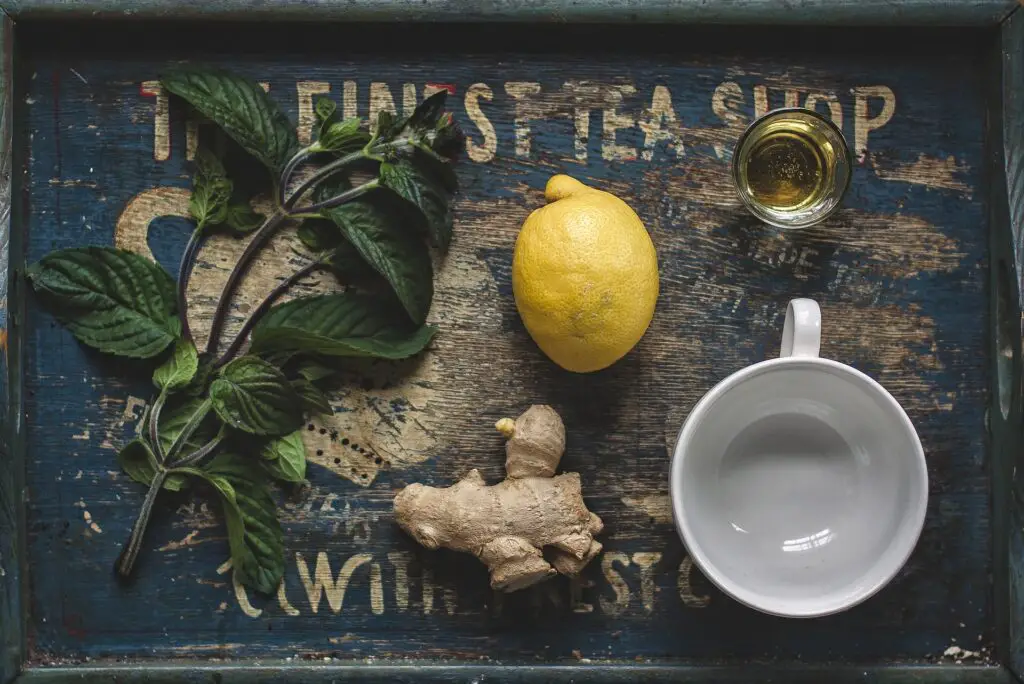
Ginger is a natural herb that has been used for centuries in traditional medicine for its many health benefits. When it comes to skincare, ginger is known for its anti-inflammatory and antioxidant properties, making it an excellent natural ingredient to add to your skincare routine. Here are some of the health benefits of using ginger for skincare.
Ginger contains compounds such as gingerols and shogaols that have powerful anti-inflammatory properties. These compounds can help soothe and calm the skin, reducing inflammation, redness, and puffiness.
Ginger is rich in antioxidants, which can help protect the skin against free radicals that can cause premature aging. Using ginger in your skincare routine can help improve the elasticity of your skin, reduce fine lines and wrinkles, and give your skin a youthful glow.
Ginger has natural antibacterial properties that can help fight acne-causing bacteria. It can also help reduce the appearance of acne scars and dark spots on the skin.
Ginger has a soothing effect on the skin and can help alleviate the discomfort caused by burns, rashes, and other irritations.
Ginger can help improve blood circulation to the skin, which can help nourish and rejuvenate the skin cells, giving your skin a healthy and radiant glow.
There are several ways to incorporate ginger into your skincare routine, such as using ginger-infused skincare products, making a ginger face mask, or using ginger essential oil in a carrier oil. When using ginger for skincare, it is essential to do a patch test to ensure that your skin is not sensitive to this natural ingredient.
Sum Up
Overall, using natural herbs for skincare is a gentle and effective way to care for your skin, providing it with the nutrients and nourishment it needs to stay healthy and radiant.
Using natural herbs for skincare has several benefits, including:
- Free from harmful chemicals: Natural herbs are free from synthetic chemicals commonly found in skincare products. This means that they are less likely to cause allergic reactions, irritations, or other adverse effects on your skin.
- Nourishing and moisturizing: Many natural herbs contain essential oils, vitamins, and minerals that can help nourish and moisturize your skin, keeping it healthy and hydrated.
- Anti-inflammatory and anti-bacterial: Several herbs, such as Aloe Vera, Chamomile, and Tea Tree Oil, have anti-inflammatory and antibacterial properties that can help soothe and heal irritated or inflamed skin.
- Effective in treating various skin problems: Natural herbs can be effective in treating a range of skin problems such as acne, eczema, psoriasis, and dermatitis. They can help reduce inflammation, redness, and itching, and speed up the healing process.
- Cost-effective: Natural herbs are often readily available and cost-effective compared to commercial skincare products, making them a budget-friendly option for those on a tight budget.
If you’re tired of using chemical-laden skincare products, then why not try natural herbs to prevent and treat dermatological problems?
You’ll achieve healthy, glowing skin without the use of harmful chemicals. With this article, you’ll discover new natural remedies to incorporate into your daily skincare routine.

